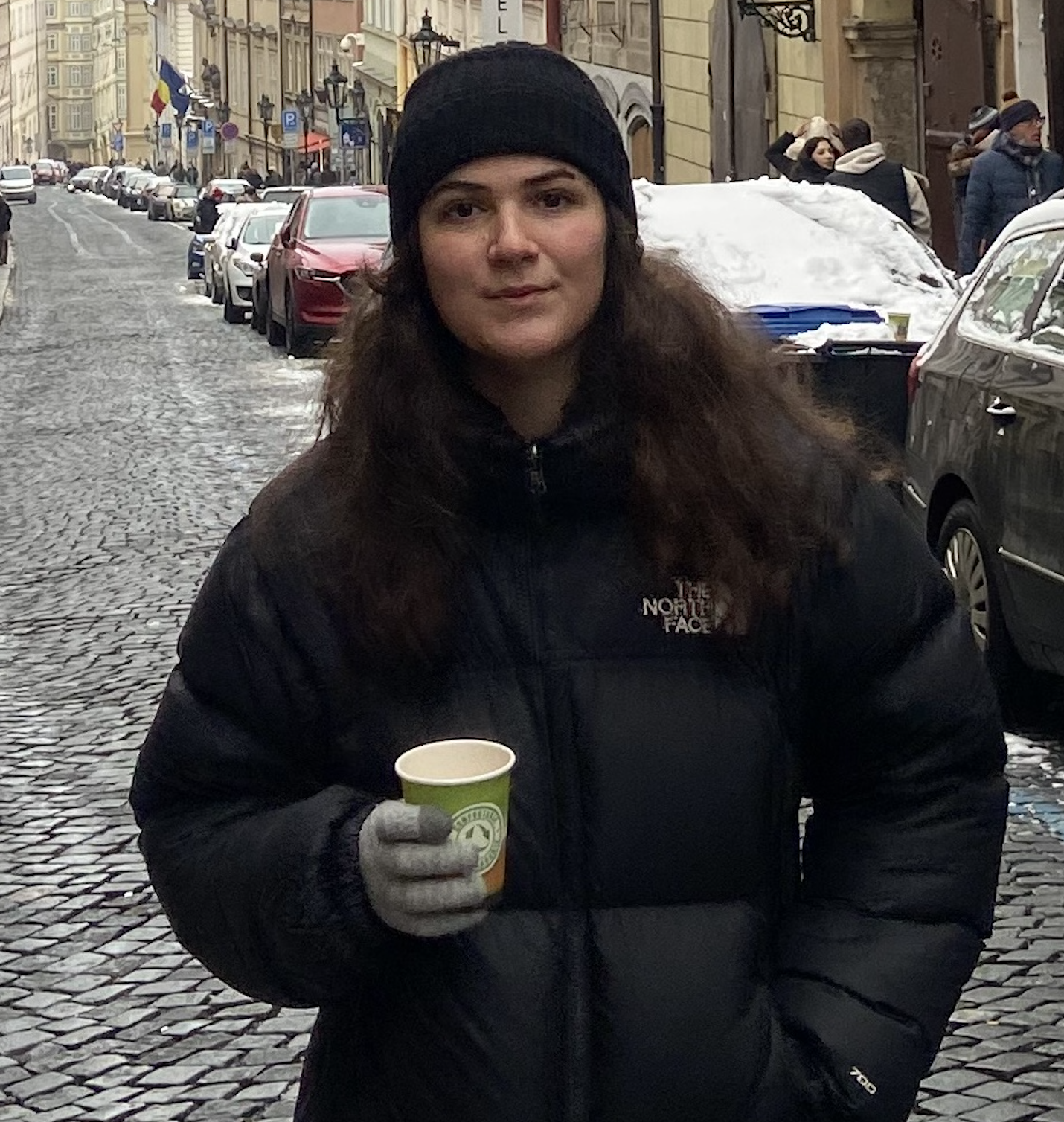
What is your name?
Leire Garrido Perez
Where are you from?
I am from Spain
To which class you belong to?
MRes Experimental Neuroscience, class of 2024
Where and what did you study before joining Imperial College London?
I did a BSc in Biomedical Sciences at the University of Edinburgh
How did you find your Master experience at the College?
The Master was a big learning experience. Completing three projects over one year is very demanding: it requires you to be proactive and organise your time very well. At the same time, it is also very rewarding and has allowed me to acquire diverse skills and knowledge in different areas of neuroscience before deciding what to specialise in. I also enjoyed the seminars, which were frequently organised in the department. They provided a great opportunity to learn about research from individuals in different labs worldwide and offered many chances to network
Which research project did you work on?
My first project involved investigating the effects of a gene therapy in symptomatic mice models of amyloidosis, under the supervision of Professor Magdalena Sastre. This was a more wet lab-based project. My second project was computational and involved investigating molecular correlates of homeostatic plasticity in mice exposed to a visual overstimulation paradigm. I did this project in the laboratory of Dr Samuel Barnes. My final project was clinical, looking at reinforcement sensitivity and cognitive flexibility in young individuals who self-harm, with Dr Martina Di Simplicio’s group
Where are you now?
I now work as a research assistant in Professor Rob Brownstone and Professor Marco Beato’s lab, at the UCL Institute of Neurology
What are you working on?
A big part of the lab’s research involves investigating the pathophysiological processes underlying dystonia, a movement disorder. I am looking at the progress of the disorder at different developmental times in a mice model for dystonia
What is the most important lesson you learnt as a Master student?
The most important lesson I learned as a Master’s student was to be proactive and involved in everything I do. Even sending an email showing interest after a seminar can open a door for you further down the line. I learned not to be scared to reach out to people whose research interests me to simply show my interest or to try and carry out one of my projects with them
How did the Master programme help you get to where you are now?
Carrying out three very different projects, I acquired a very diverse skillset, including lab-based and computational skills, which made me a better-rounded scientist. The Master also taught me to adapt to new lab environments quickly and improved my communication and interpersonal skills. Together, I believe everything that I have learnt during the programme, not only skill-wise but also about what research directions I want to take, has helped me get to where I am now